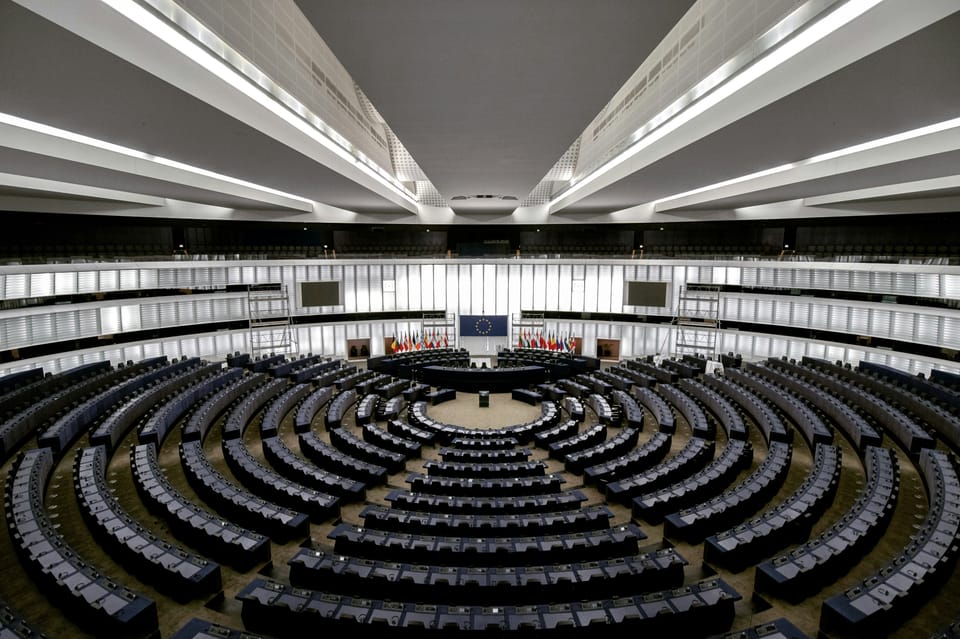European Parliament adopts Omnibus package that further dilutes CSDDD
MEPs have voted to delete the CSDDD obligation for companies to adopt a climate transition plan.

The European Parliament has adopted the Omnibus package to simplify sustainability reporting and drastically due diligence obligations for EU companies.
After unexpectedly rejecting the European Commission’s Omnibus proposal last month, MEPs finally adopted it today (November 13), with 382 votes in favour of the proposal, 249 against and 13 abstentions.







